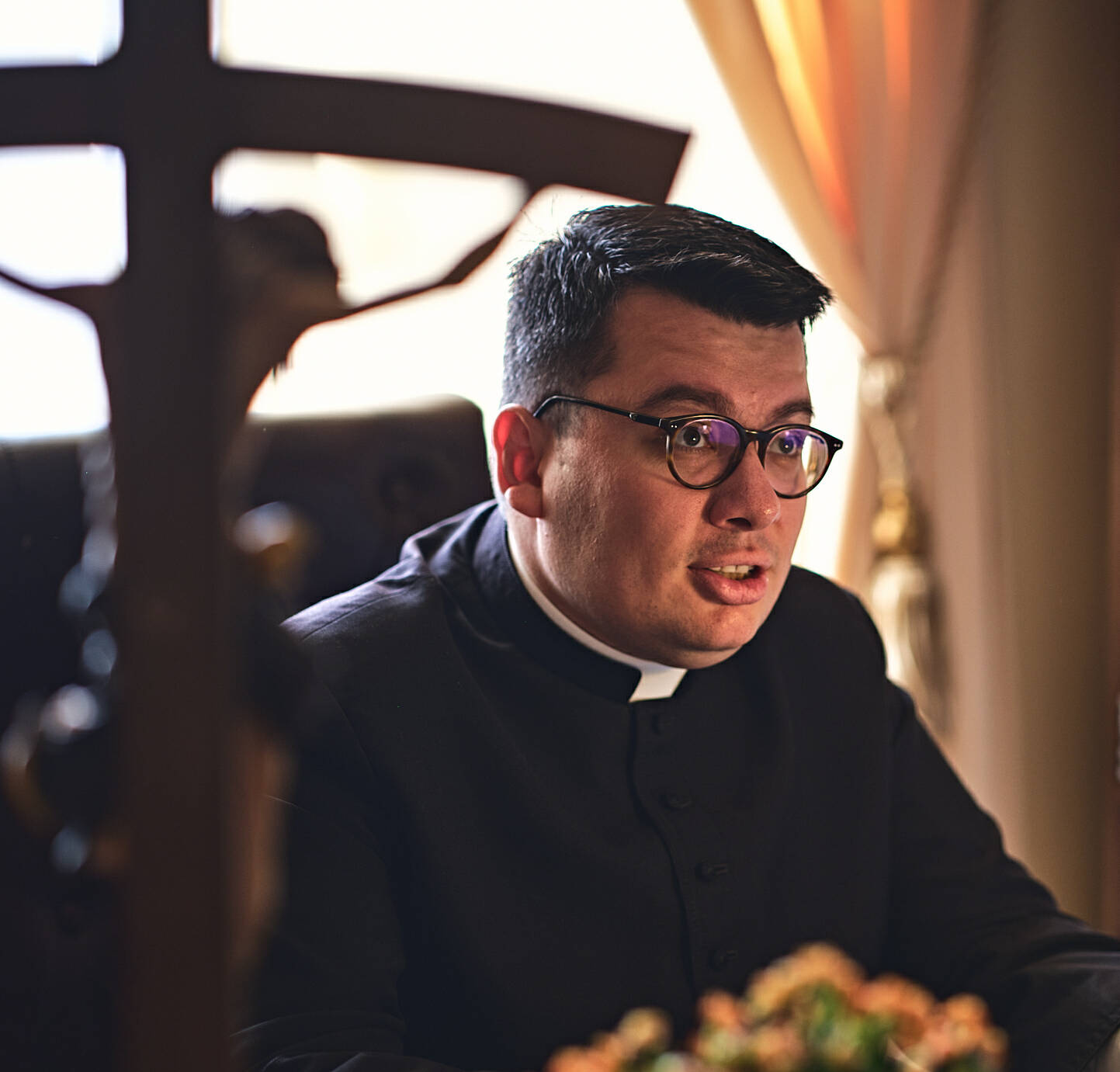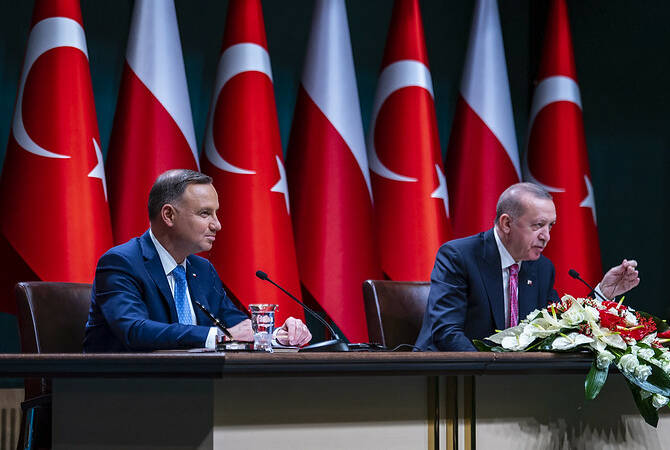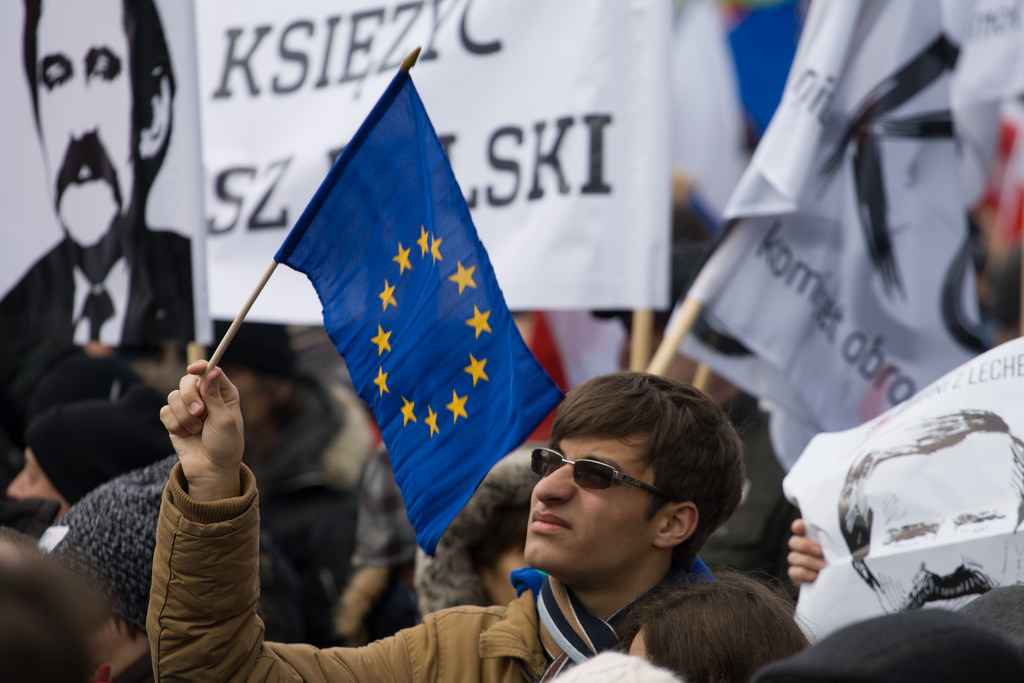OPINION
—
Although I’ve never been a fan of Dreher’s, an interview published in The National Catholic Reporter only confirms my attitude. In this article, he brings up an intimate conversation with Cardinal Pell. He was supposed to have travelled around Europe to persuade other cardinals to elect Erdő as Pope. If Dreher, along with the rest of us, also wants this election, bringing up such information is certainly not helped in making it happen. Having had the privilege of knowing Cardinal Pell and having spoken to him several times, as well as the involved Cardinal Erdő, I cannot let such primitive statements contained in the interview go without comment.
Cardinal Erdő is clearly a prominent papal candidate – his name has been already invoked in previous conclaves. He is a polyglot and an intellectual who speaks at least 6 languages, once a common occurrence, today unfortunately a rarity. In addition to his incredible scholarship and knowledge of history and church law, he has a wealth of pastoral experience, as demonstrated by the preparation of the last World Eucharistic Congress, which took place in Budapest in 2022. The qualifications already mentioned make him an exceptional diplomat of world-class stature. Although Pope Francis has already appointed Cardinal Zuppi, president of the Episcopal Conference of Italy, as his legate for the peace negotiations in Moscow and Kiev, we should not be surprised to hear of this Hungarian prelate’s mission as well.
Dreher has become well known in Slovakia through his book The Benedict Option, which, though it reads well, carries a tendency to sectarian thinking and isolationism, in addition to an interesting underlying idea, but one that has long been passed on by Pope Benedict XVI. Dreher basically wants to tell Christians to close themselves off into their own little groups and create their own microcosm. Moreover, in making this point, he invokes a prominent philosopher who distanced himself from him, Alasdair MacIntyre. His latest book was published under the title Live Not By Lies and it touches on life here in Slovakia. In it he glorifies, besides the well-known heroes of our anti-communist dissent such as Vladimír Jukl or Silvester Krčméry (for which he is to be thanked), the role of Father Kolaković, or such figures as František Mikloško, once a member of the catholic dissent, currently rather an ombudsman for LGBT rights here in Slovakia.
We can read about Kolaković, who claims to have been a Vatican envoy with a special mission to the Soviet Union, in a historical study by Peter Slepčan1 published in a collection entitled Mary – Mother in Every Age2. In it, he writes, among other things, the following: “These words were soon confirmed, as Poglajen – Kolaković began to work in Slovakia instead of the Soviet Union. It is interesting that even his admirers consider his trip to the USSR a failure. After returning, Kolaković visited in Vatican D. Tardini, secretary of the Congregation for Extraordinary Ecclesiastical Affairs, which coordinated the Vatican’s foreign policy and diplomacy. We know this from the political reports sent regularly to the Prague Foreign Ministry by the then Czechoslovak Chargé d’Affaires to the Holy See, František Schwarzenberg. On 26 March 1946, he quoted the Vatican press service denying that Kolaković had been sent to Czechoslovakia by the Vatican. In a message dated on the 3. April 1946, Schwarzenberg was even more extensive: ‘Mons. Tardini first spoke about Kolaković, whom he described as a lunatic who had already been twice in an asylum. He mentioned that Kolaković had sought him out after his return from Russia. The things he had just said had neither head nor heel. Then he vehemently denied that Kolaković had ever had any mission from the Vatican.’” Mons. Tardini was one of Pius XII’s closest collaborators for political affairs, subsequently created a cardinal by John XXIII and appointed as the Secretary of the State.
Professor František Vnuk also spoke critically of Kolaković. In 1997 Most, the quarterly journal for Slovak culture, published his review of the Slovak translation of Tomislav Kolaković’s book Through God’s Underground: “In 1949 the book Through God’s Underground was published simultaneously in America and England. It was subtitled: The Adventures of Father George in the Midst of a People Under Soviet Domination, as told to Gretta Palmer. The pseudonym ‘Pater Juraj’ was just another code name of the extraordinary adventurer Tomislav Poglajen (1906-1990), who also worked in Slovakia in 1943-46, where he was known as Professor Kolaković.”3 According to the published material of Prof. Vnuk he was indeed a man of exuberant imagination, or as he called him, a lover of adventure, rather than an envoy of the Vatican. By the way, the propagator of the legends about Kolaković is the aforementioned František Mikloško.
But let us return to the introduction. The fact that Dreher, in the context of an interview where he announces to the public his divorce from his wife, a fact sad and tragic, also discloses the content of a private conversation with Cardinal Pell. The latter, according to Dreher, was supposed to travel the world and persuade of the need for the election of the Hungarian Primate in the next conclave. Apart from the fact that the publication of the content of private conversations is highly unprofessional, the fact that Cardinal Pell has unfortunately not been with us for several months now is even more beyond the bounds of decency.
Even if Dreher’s claims were true (I know the truth on this question, but it is not for me to publish it), it certainly does not serve the purpose the late Cardinal intended and is not what the Catholic Church needs at this moment. Dreher has overshot again. It’s time to tell him so.
1 Slovakia’s contribution to the persecuted Christians in the USSR 1939-1945. The case of Tomislav Kolakovich.
2 Proceedings of Anton Adam, Banská Bystrica.
3 Most: quarterly for Slovak culture, volume 42, pages 265-269.
The views and opinions expressed in this opinion piece are those of the author and do not necessarily reflect the official position of the editorial board.




